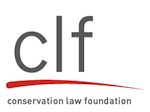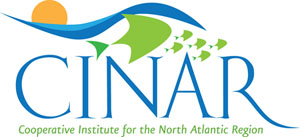Executive Office of Energy and Environmental Affairs (EEA) Secretary Richard K. Sullivan Jr. announced in February that $84,000in federal funding was awarded through the Massachusetts Bays Program (MBP) Research and Planning Grants.
Grants will support local initiatives and fund projects to understand the causes of coastal habitat degradation, develop plans to address coastal water quality and restore estuarine habitats, and build local capacity to protect coastal resources. Funds will be provided to the following nonprofits and academic institutions:
- Friends of Herring River, Wellfleet/Truro – $20,000 to evaluate the effectiveness of proposed tidal control structures designed to restore salt marsh conditions to the Herring River floodplain in Wellfleet.
- Neponset River Watershed Association – $7,500 to address water quality concerns in the Neponset River Area of Critical Environmental Concern.
- Cohasset Center for Student Central Research – $10,600 to conduct a survey of river herring populations and perform water quality monitoring in the Gulf River estuary.
- Massachusetts Division of Marine Fisheries – $8,120 to study the impacts of small docks and piers on salt marsh vegetation in Massachusetts estuaries.
- University of New Hampshire – $20,000 to test the viability of transplanting eelgrass into Plum Island Sound, where it was once abundant.
- Provincetown Center for Coastal Studies – $18,323 to conduct an assessment of shoreline change along the coast from Beach Point in Truro to Jeremy Point in Wellfleet.
Projects funded through this grant program will help MBP, which is hosted by the Massachusetts Coastal Zone Management office (CZM), implement its Comprehensive Conservation and Management Plan—a blueprint for protecting the environmental health of Massachusetts Bay and Cape Cod Bay. Funding for MBP and these grants is provided through an annual agreement with the U.S. Environmental Protection Agency (EPA).
Print


















